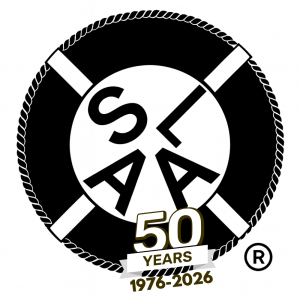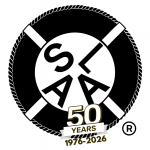Question: A member of my group suggested that an SLAA committee conduct a study on the effectiveness of SLAA for sex addicts that could be used to support recovering addicts in court (or solicit some research in this area). Is this supported by the traditions?
[T]his suggestion conflicts with our primary purpose which is to help the addicts who wish to stop acting on their self-defined addictive behavior. Tradition 5: Each group has but one primary purpose—to carry its message to the sex and love addict who still suffers.
It also conflicts with the tradition that there are no professionals in SLAA who do research and treat this addiction.
Tradition 8: SLAA should remain forever nonprofessional,
In order to “help” an addict in court we would have to defend a position and have an opinion that is outside the 12 Step Recovery Fellowships and would certainly court controversy.
Tradition 10: SLAA has no opinion on outside issues; hence the SLAA name ought never be drawn into public controversy.
When a member goes to court and identifies himself as a member of this fellowship they are giving up their anonymity. SLAA may then be judged by how well that person recovers and the person could be thought of as a representative for SLAA. This is not helpful to SLAA or the person. This would make such research if it existed, unusable without violation of the traditions.
Tradition 11… We need guard with special care the anonymity of all fellow SLAA members.
I don’t think that our traditions say that research can’t be done. However, how that research is conducted and how it is used might have more tradition related issues.
Alternate approaches to consider:
I would think that composing a letter which stated honestly the difficulty of recovery, but the outstanding results for those who DO come to work our program or that of other “S” groups and providing a handout for those in a given area to reach meetings might be a reasonable form of outreach.
The idea of an outreach tool such as the one on For the Professional could be a great and valuable tool for judges and probation officers alike.


